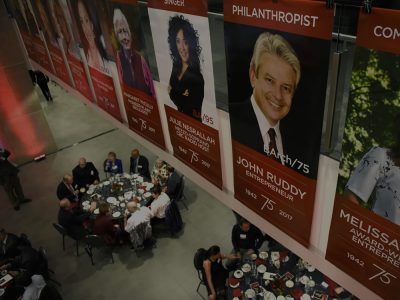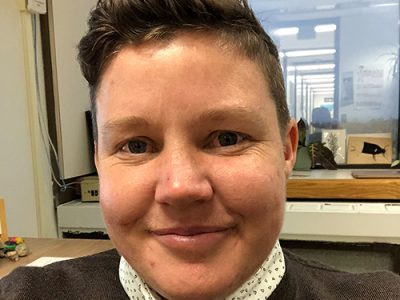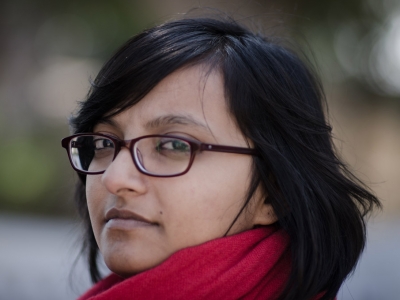Pius Adesanmi, the Nigerian-born scholar and award-winning writer, was a strong proponent for building research capacity and forging collaborations among academic institutions around the world.
As director of Carleton University’s Institute of African Studies (IAS), he championed many initiatives that led to partnerships with several universities in Africa.
He also saw a need to support the travel of visiting scholars, on and off the continent, to encourage the boom of post-secondary education that has been growing exponentially in Africa since the 1960s.
In this vein, Adesanmi conceived the Continental Forum on Diaspora in Higher Education, Research, and Innovation, and applied to the Carnegie Corporation of New York for funding in 2018.
Within days of his tragic death aboard the Ethiopian Airlines jet crash of March 10, 2019, the IAS was informed that the Carnegie Corporation would fund the initiative.
“It was bittersweet to receive the amazing news right after this happened,” said IAS Interim Director Christine Duff. “There was never really any question (of continuing on). We all felt a commitment to still make it happen.”
The successful forum took place on Nov. 13 and 14 in Addis Ababa, Ethiopia. It was designed to address multiple goals of the Continental Education Strategy for Africa (CESA), which was developed by the African Union (AU).
The AU’s Citizens and Diaspora Directorate (CIDO) and its Human Resources Science and Technology (HRST) were also instrumental in funding the conference, which was ultimately created to build support systems and networks for the African academic diaspora.
The AU defines a member of the academic diaspora as any scholar pursuing research or teaching outside their country of origin. Visiting scholars bring their skills and knowledge to the host institutions, as well as the opportunity to create ties between different schools and countries.
“Pius believed in this quite strongly,” said Duff. “Connecting North American institutions with African ones can help researchers, students and the institutions.”
Duff was one of several Carleton representatives who attended the forum, where Adesanmi’s absence was glaring. Other attendees included Pauline Rankin, dean of the Faculty of Arts and Social Sciences, who became the project’s principal investigator, Prof. Samuel Oloruntoba, a visiting research scholar from the University of South Africa, and IAS professional staff.
Rankin, Oloruntoba and a representative from the Carnegie Corporation worked closely on the conference’s organization and structure. Its two days offered a unique opportunity for advisers and educators, as well as past and present AU education ministers, to discuss the contexts of continental and global policy, current interventions, and regional policies and practices of academic diaspora engagement.
In attendance were delegates from countries such as Australia, Canada, Gambia, Nigeria, Ghana, Senegal, the United States and South Africa. Their contributions and discussions led to recommendations for engaging with the diaspora on the continent to advance higher education.
“What was remarkable about the conference was the ease with which this diverse collection of participants agreed upon the recommendations submitted to the African Union and a shared vision of the path forward,” said Rankin. “The enthusiasm at the conference for continuing to support and expand diaspora engagement with African universities was a fitting tribute to Pius’s lifelong commitment to higher education on the continent.”
The recommendations will engage the academic diaspora, guide policy, and create a best practices toolkit for institutions. Once a report is submitted early this year and the toolkit is created, the initiative will continue to help CESA improve scholarly support systems across the continent.
“Pius wanted to create these connections,” said Duff. “He felt really strongly about young and emerging scholars, so he had an interest in improving the capacity of higher education on the continent. I think that he really saw that the continent had a lot to give.”
Wednesday, January 8, 2020 in African Studies, Faculty of Arts and Social Sciences
Share: Twitter, Facebook



